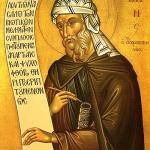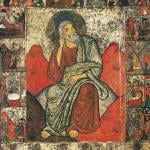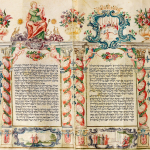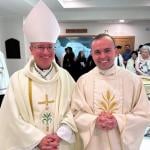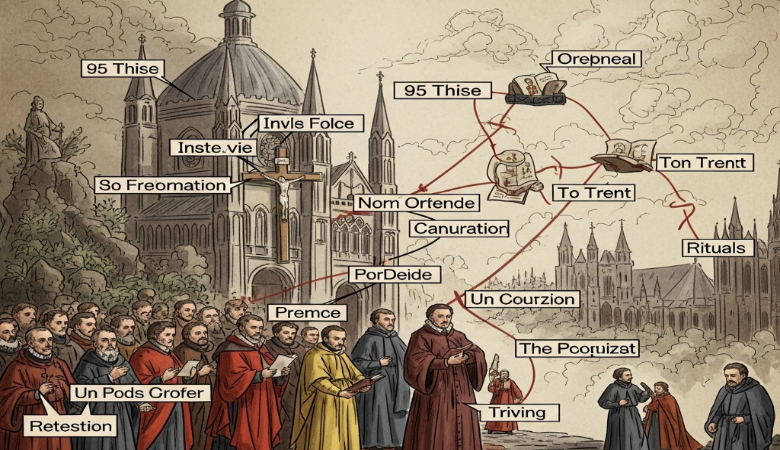
The Catholic-Protestant divide is a tragedy that has led to many misunderstandings and a significant amount of violence. This paper seeks to clarify this misunderstanding by demonstrating why Catholics are, indeed, fundamentally Christian.
There are a myriad of reasons that fuel the Catholic-Protestant conflict. Foundational to the various issues dividing Catholicism and Protestantism is the question of what it means to be Christian and who qualifies as such. This paper will address the frequently repeated charge that Catholics are not Christians.
Catholic Or Christian?
To proceed, it is necessary to address two fundamental questions. First, is it accurate to claim that Catholicism is essentially Christian in its theology and doctrine? If so, then we must ask whether Catholicism is a denomination within the larger Christian religion or whether Christianity is a denomination within the broader Catholic faith.
Theology (theos-logos) is literally the study or science of God. The foundation of Catholic theology is the belief in a trinitarian God who became incarnate in the person of Jesus of Nazareth. The Creeds, such as the Apostles Creed, provide a shared theological statement of faith and a source of Christian doctrine for Catholics and Protestants alike. However, as will be shown below, it is Catholicism that created the canon from which all Christian theology is based. Nevertheless, it cannot be seriously denied that Catholic theology is Christian theology, nor that Catholicism is inherently Christian.
Unfortunately, the issue is simplified so as to create a dichotomy: One is asked whether one is a Catholic or a Christian. Formulating it in this way creates two problems.
First, it is framed in a way that suggests a complex question fallacy (e.g., “Have you stopped beating your wife?”). If one answers yes to being a Catholic, one is answering no to being a Christian, and if one admits to being a Christian, it excludes one from being Catholic. This leads to the second problem, a false dichotomy.
To ask whether one is Catholic or a Christian assumes that one cannot be both. There is also something of a category error in the premise that Catholicism and Christianity exclude each other.
To adequately address the problem, it is necessary to define the relevant terms.
Catholicism, Christianity, And Canon
A basic definition of a Christian is one who follows Christ. What does that entail? What does it mean to follow Christ?
Obviously, following Christ excludes a physical definition. Instead, a Christian is one who follows the teachings of Christ. Consequently, there are two aspects of this definition. First, one must come to know the teachings of Christ, and second, one must adhere to those teachings.
Since Scripture and Sacred tradition provide the foundation for Christ’s teachings, the Bible is the most comprehensive and authoritative source of Christ’s teachings. After all, the Bible is itself the result of a primarily oral tradition. Furthermore, the Bible itself is a product. While it is true that Scripture is divinely inspired, the biblical canon is a product of the Catholic Church. Indeed, it is the work of the Church Councils that provides much of the biblical canon (e.g., the Synod of Rome in 382 AD, the Council of Hippo in 393 AD, and the Council of Carthage in 397 AD).
Therefore, if a Christian is one who follows Christ’s teachings, and the Catholic Church compiles those teachings, it seems to follow that to be a Christian is in no small sense to be Catholic.
Making A Distinction
A common way to categorize Catholicism is to consider it a denomination within the broader Christian tradition. Initially, this appears to be a logical construction. There is Christianity, and under this term, various denominations exist, such as Methodism and Catholicism. However, as indicated above, to be a Christian means following the teaching of Christ as enumerated by the Bible, which in turn is a Catholic book.
Moreover, since Catholicism means according to the whole, I would like to suggest an alternative way of categorizing the faith: to view Catholicism as the genus, and the numerous Christian denominations as the species contained within that genus.
A note about language: genus refers to a general class that encompasses specific members. For example, the genus “animal” includes human beings. Species refers to a particular category within a larger classification. For example, humans are a species within the genus animal.
Moreover, since a species (in this case, the numerous Christian denominations) cannot exist without a genus (Catholicism), it is necessary to show that Christianity cannot exist independently of the Catholic Church.
The Necessity Of The Catholic Church
If being a Christian entails following the teachings of Christ, and if those teachings are enumerated in the Bible, then it is manifest that one cannot deny the necessity of the Catholic Church while at the same time accepting the necessity and infallibility of the Bible, which is a product of that Church.
Now, suppose the Bible is the proximate cause of the various Christian denominations, and the Catholic Church is the proximate cause of the Bible. In that case, it is evident that the Catholic Church is the ultimate cause of the various Christian denominations in the same manner that a genus is the cause of the species contained within it.
Lastly, it must be admitted that Jesus created a Church (Matthew 16:18) for the purpose of teaching in His name (Matthew 16:19). This fact leads to the matter of apostolic succession. As many of the Church Fathers (Clement of Rome, Irenaeus, Tertullian) have argued, the true Church must be apostolic if it is to communicate the teachings of Christ.
Apostolic succession refers to an unbroken line of bishops from the present day to the original twelve apostles. Only the Catholic Church can make this claim of apostolic succession.
The significance of apostolic succession lies in the fact that it allows the Catholic Church to trace its history to God incarnate, Jesus Christ. This is a claim no other Christian denomination can make. To paraphrase Saint Ignatius of Antioch, where the bishop is, there is the Church.
Conclusion
In this essay, I have endeavored to argue that the position that the Catholic religion is not intrinsically Christian is both theologically and logically incoherent. Moreover, I have sought to show that it is only Catholicism that possesses the fullness of the Christian faith.








